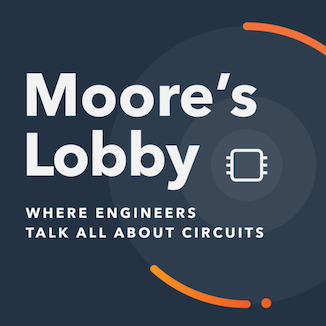We've been talking about smart cities for a long time now, even though we've had a great deal of the necessary technology for a decade. So what's the holdup?
"Smart city" isn't exactly an engineering term. And yet engineers are responsible for developing the technologies that take a city from being advanced to being "smart," including wireless communications, sensor fusion, and machine-learning algorithms implemented to serve public life.
But it turns out the real hurdles in the way of smart city technologies are much more human and complex than we may realize.
In this episode, Dave speaks with Karen Lightman, the Executive Director of Carnegie Mellon's Metro21 Smart Cities Institute about how engineering and public policy work hand-in-hand in smart cities. Hear about the tragedies of falling in love with a chip design that doesn't have a market, the dangers of avoiding standards in the tech industry, and the importance of testing smart city technologies in real-world "living laboratories"—or "living sandboxes," as Karen prefers to call them.
A Big Thank You to This Episode's Sponsor
Meet Karen Lightman
Karen Lightman is the Executive Director of Metro21: Smart Cities Institute at Carnegie Mellon University. Her work with Metro21 has yielded multiple programs and partnerships as CMU develops cutting-edge smart city technologies, including algorithmic assessments of meal distribution for children during COVID-19 and identifying fire risks in commercial real estate. She is currently the co-chair of the World Economic Forum Trustworthy IoT Coalition.
Karen's experience with the MEMS industry has given her valuable perspective on the electronics side of smart cities. She was instrumental in the acquisition of the MSIG (MEMS & Sensors Industry Group) consortium by SEMI, the largest semiconductor association in the world. This was underscored when she was inducted into the SEMI/MSIG "Hall of Fame" in October of 2020.

Karen's educational background is in public policy makes her a crucial piece of the smart city puzzle as she facilitates academic research reaching the market in partnership with community stakeholders and policymakers.









